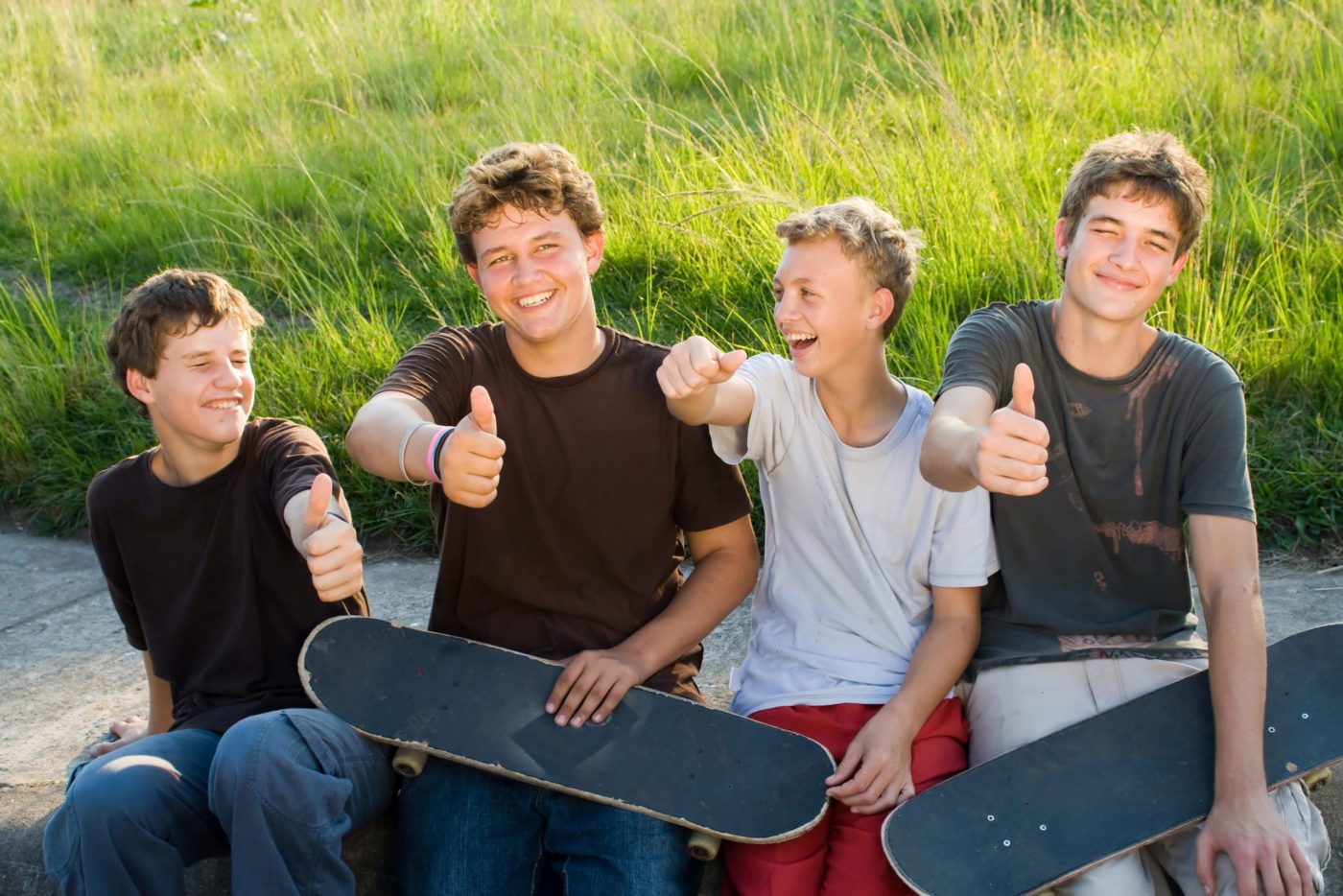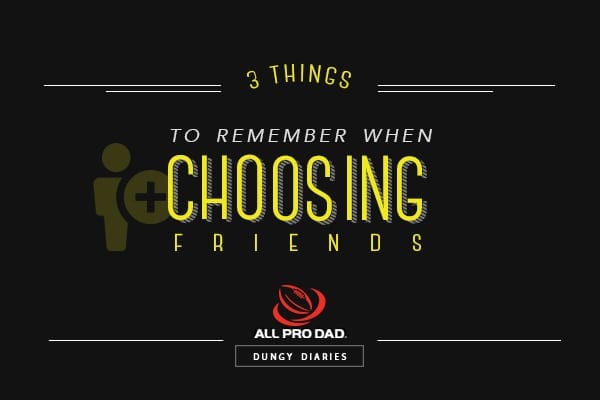The friends your children make will carry a strong influence in their lives. However, most of their influencing happens outside of your view. You aren’t hanging out with them when they go for a bike ride or watch a movie. And you certainly aren’t seeing what they send each other on Snapchat. We all long for our kids to have great friendships. But it doesn’t always happen.
Sometimes they get connected with friends who influence them in all the wrong ways. There are signs of unhealthy child friendships—if you’re paying attention. These red flags certainly aren’t conclusive in isolation. But if you begin to see a few of them, you may want to have a conversation with your children about their friends. Here are 5 signs your child’s friends are the worst.
1. They can’t talk to adults.
You’ve met these friends. They can’t stop talking when they’re with other kids, but when you try to hold a conversation with them, they have no idea how to interact with you. They may struggle to make eye contact or engage around anything that isn’t electronic. This signals that a child has a lack of adult relationships, i.e., a lack of wisdom in his or her life.
2. They never want to hang out at your home.
We always made a conscious effort to have our kids’ friends over. However, there were occasionally friends who were not interested. The invitation was always for our child to go somewhere else. Whenever we invited this friend to our home, something always prevented it. This behavior could be a signal of a child who isn’t interested in respecting your rules and wants the freedom to do things his or her way.
3. They make fun of other kids.
Sometimes as parents we are desperate for our kids to fit in. Because of this, we let certain behaviors slide because we don’t want other kids to see our kids as outsiders. So if your child’s friends are making fun of others, you might overlook it. But unhealthy child friendships are more detrimental for a child than struggling to find his or her people. Character matters. While all kids slip into this on occasion, a consistent pattern of it is a sure sign of unhealthy child friendships.
4. They often speak badly about their own parents.
All children complain about their parents at some point. To expect a child never to do this is completely unrealistic. However, if you encounter a child who consistently speaks of his or her parents in a way that demeans or disrespects them, watch out. This behavior could be a strong signal that this child’s voice in your child’s life will be unhealthy, likely encouraging your child to disrespect you and treat your authority as something to be rebelled against.
5. Your child has begun to feel bad about him or herself.
While there are a variety of reasons why kids begin to struggle with their self-image, their friends’ influence is a significant one. If your normally happy and confident child suddenly begins to speak negatively about him or herself, or to struggle with his or her self-confidence, this could be a sign of unhealthy child friendships. Much of our children’s self-perception is shaped by their peers and it can serve as a barometer for the health of those relationships.
Sound off: What are other signs that your child may have some unhealthy friendships?











Huddle up with your kids and ask, “What makes a good friend?”